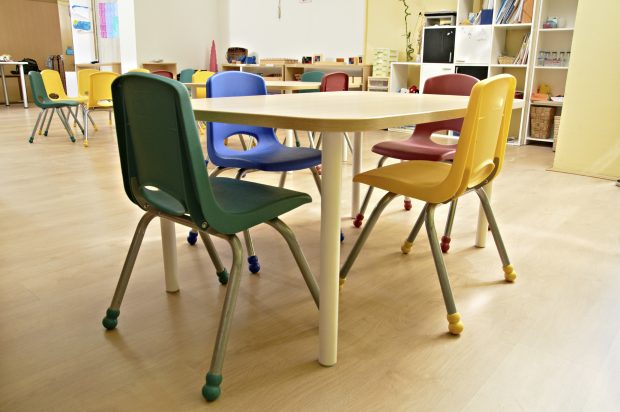
Today's Education in the Media blog looks at disadvantage, Reception Baseline Assessment and Key Stage 1 Assessment statistics released today.
The Sutton Trust report
Today, Thursday 26 September, The Sutton Trust have published a poll on secondary school teachers who have taken on paid-for private tuition outside of school in the past two years. The report calls for the Government to consider one-to-one and small group tuition in pupil premium spending so that disadvantaged students can benefit from it.
A Department for Education spokesperson said:
Tackling disadvantage will always be a priority for this government. The gap between disadvantaged pupils and their peers has narrowed since 2011, and 85% of children are now in good or outstanding schools compared to just 68% in 2010.
We have invested an extra £2.4 billion this year alone through the Pupil Premium and schools have flexibility over how they use this funding, which can include providing one-to-one or small group tuition to ensure disadvantaged pupils get the extra support they need.
While we believe families shouldn't have to pay for private tuition - and with standards rising in schools we believe in most cases private tuition to be unnecessary - it has always been part of the system and parents have freedom to do this.
Reception Baseline Assessment
Yesterday, Wednesday 25 September, The One Show aired a feature on the Reception Baseline Assessment (RBA), which is currently being piloted in over 9,000 schools around the country.
The RBA is a short, interactive assessment, which will provide the basis for a new way of measuring the progress primary schools make with their pupils. Unlike the current progress measure, this will give schools credit for the important work they do with their pupils between reception and year 2.
Check out the feature (starting at 06.13) here.
Key Stage 1 Assessment
Today, we have published statistics relating to this year’s phonics screening check and key stage 1 assessments. The statistics paint a picture of stability but highlight that free schools – introduced by the Government in 2010 and run outside of local authority control to give teachers more control of how the school is run – have had particular successes, outperforming other type of schools for the fifth year in a row.
The statistics show nationally 82% of year 1 pupils are meeting the expected standard in phonics – up from 58% in 2012. Meanwhile 75% of year 2 pupils reach the expected standard in reading, 69% in writing, 76% in maths and 82% in science in their Key Stage 1 assessments
School Standards Minister Nick Gibb said:
If children are to achieve their full potential it’s vital that they are given firm foundations to build on – and that’s what these statistics show is happening. It’s particularly pleasing to see free schools doing so well, illustrating the important role they play in the system.
Mastering phonics, which provides a solid foundation for reading, along with basic numeracy and literacy, means these pupils will be able go on to apply these skills in more and more advanced ways.
It’s because of the hard work of teachers and our keen focus on raising standards at the earliest stages of education that we’ve been able to see these results.
Follow us on Twitter and don't forget to sign up for email alerts.